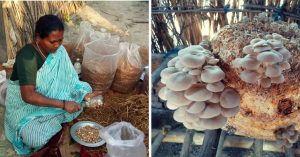TBI Blogs: This UK National Chose to Volunteer in Rural Rajasthan. What He Found There Changed His Worldview
A Pravah ICS volunteer from the UK recalls his journey while on placement, and how it shaped his views on development.
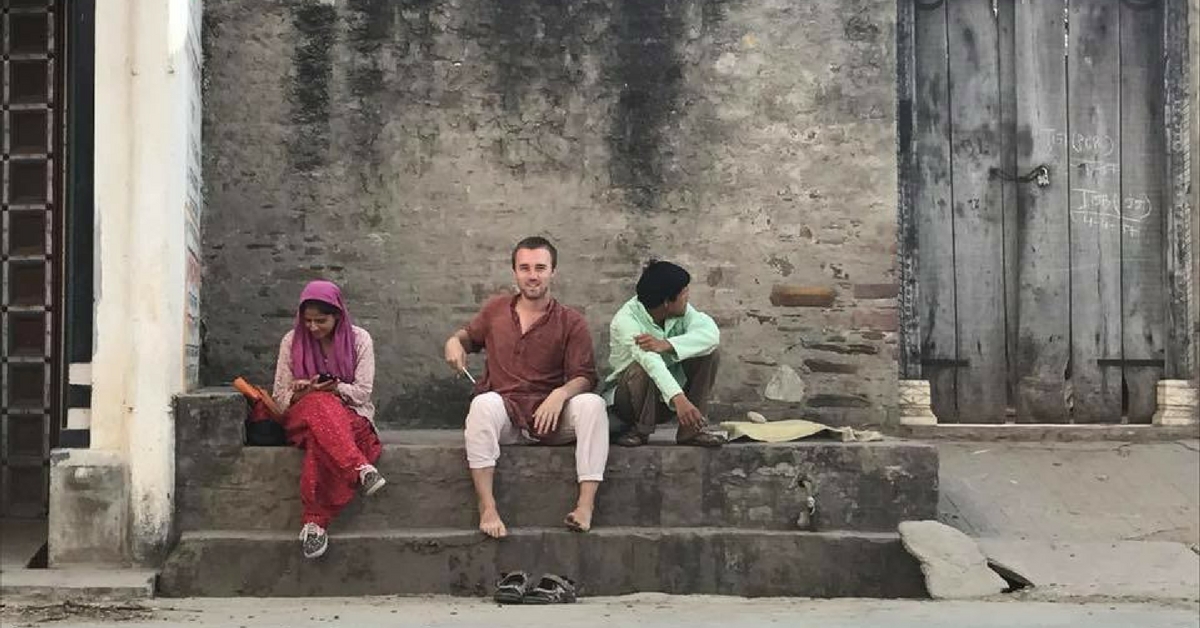
Before leaving the UK for my Pravah ICS three-month placement in a village in Rajasthan, I had already built up a picture in my mind about what the village would look like. A rural Indian village to me meant dirt tracks, animals roaming, and the most simple of houses – potentially lacking in the most basic infrastructural needs. Save for the animals, I couldn’t have been more wrong. Whatever image of development I had in my head before I came, it certainly wasn’t the type of development required in Sadri.
Along the main street, large gated houses sat back from a concerted road. In our host homes, there was running water, electricity, and gas stoves. It seems patronising, looking back on it, but these were things that genuinely surprised me. Even seeing so many children in uniform, attending schools in the village and nearby towns. A sense of uselessness came over me – what was I doing here?
How am I supposed to be contributing to the development of this village?
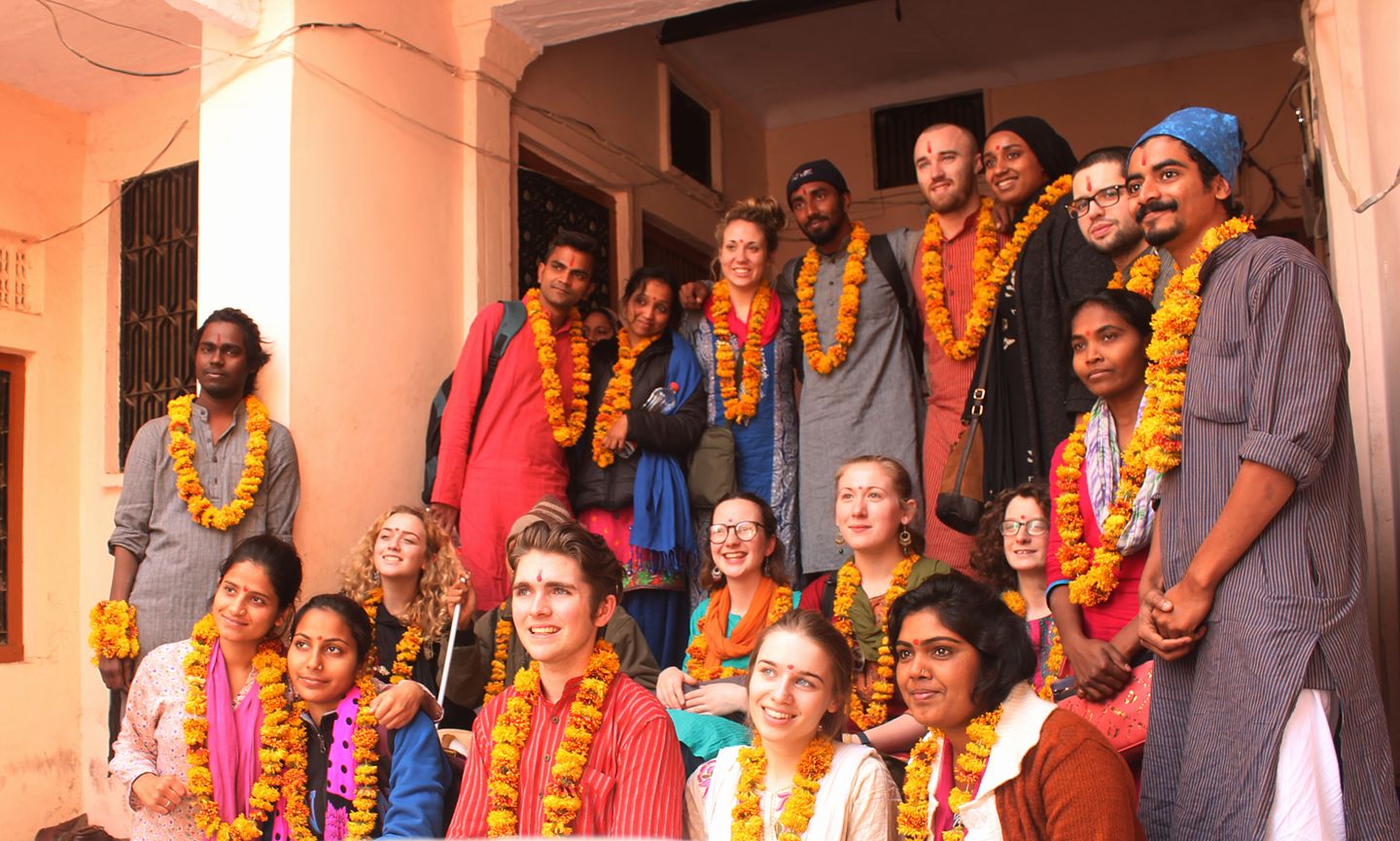
But, in one of many metaphors that would come to encapsulate our trip, it was only by looking behind the gates of these houses which dwarf the main road that we could see the issues that were kept behind locked doors. We found these homes—that looked from the outside like castles—contained little more than an open fire to cook on, a small room to sleep in, and a big area for the cows – nothing like the luxury their frontage implied.
In much the same way, whilst on the facade, the village appeared to have few problems, it was only from talking with the villagers that we came to unveil the real issues. Yes, there’s a good school, but how much use could that be when girls were being made to drop out at the age of 11 to work in the home? Sure, the Sarpanch is female, but how empowered could she be when she defaults to her husband to make decisions? Yes, the healthcare system is good, but how can it be effective when parents wouldn’t let their infant child travel to Udaipur for lifesaving surgery?
Development for us hasn’t meant developing infrastructure. Rather, it has been about developing people. Creating spaces exclusively for women and youth has been a huge part of this.
As underrepresented groups, they lacked a space where they could communicate the issues that they saw, and to realise there might be a solution for them.
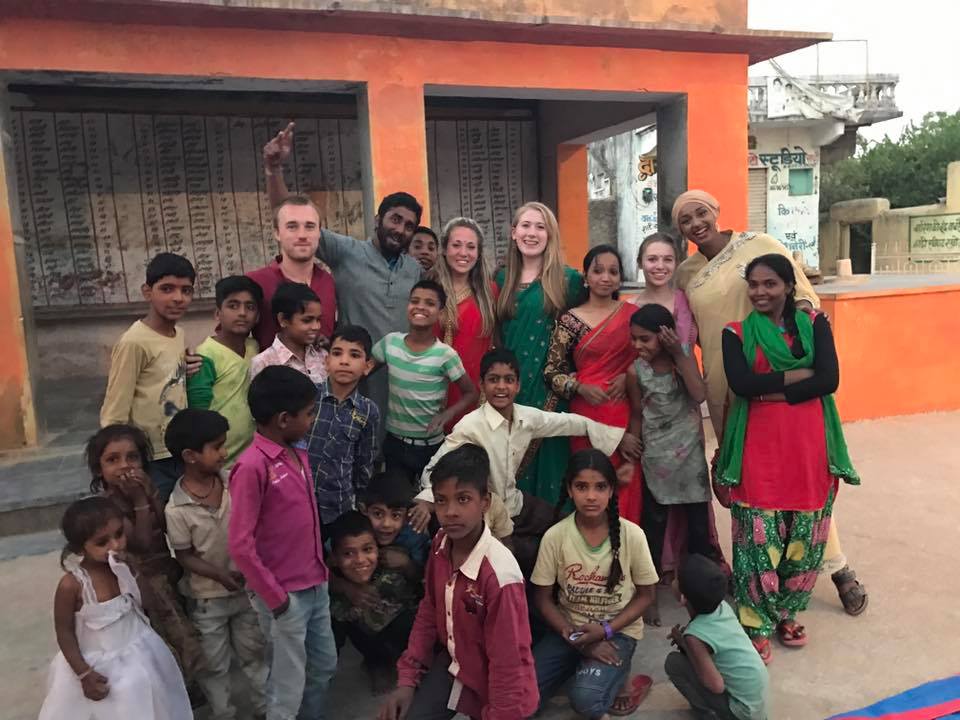
Indian women, famously, can talk. In our first few days drinking chai and getting to know the village, every single woman was keen to talk about the issues they would like us to help with. Many singled out the anganwadi. When asked what they had done about it, many were left, for possibly the first time in their lives, speechless.
At our first women’s group, we brought the topic up again. As a collective, they spoke about the issues again, agreeing vehemently with each other.
Two factors that limited their ability to engage with issues in the village became clear. Firstly, their subservient position had made these women think that their opinions were unimportant and their actions ineffectual. Secondly, without a safe space in which they could discuss these issues, each was left to think it was only them who had identified the problems. By creating a space away from the structures that these women were repressed by, they could have a loud voice, and discover they were not alone.
“But I have been to Sarpanch before, nothing changed!” was the objection from one woman who had previously built up the courage to question authority figures. Even empowered women were sometimes beaten back. Our response was—if today you go and are turned away, then tomorrow you take all these women with you and you make a louder noise.
If the answer’s still no? The next day you go again.
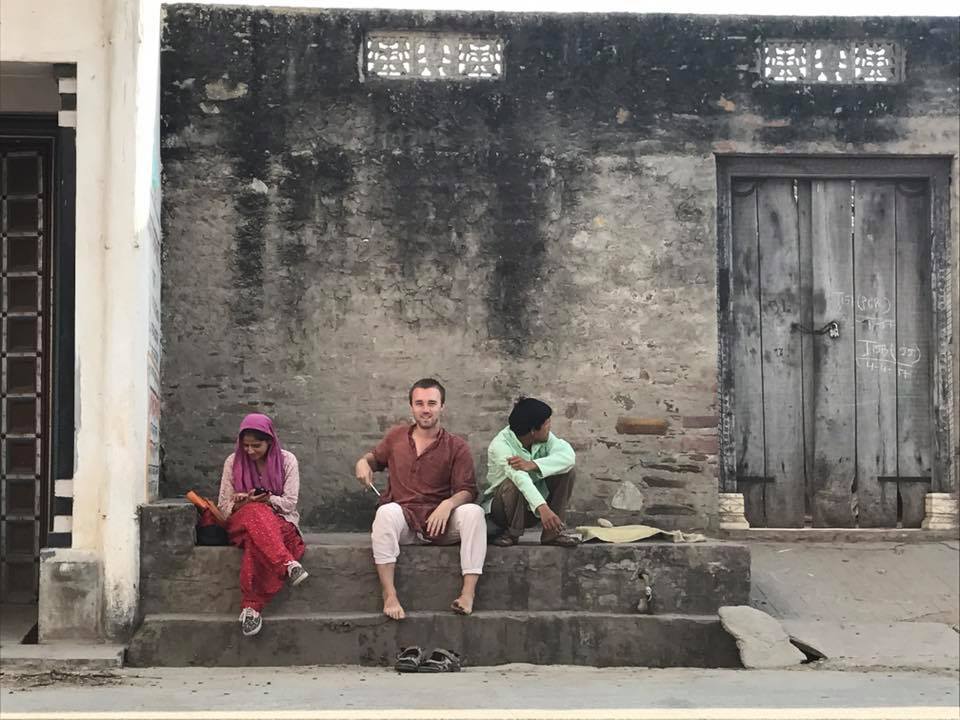
The women of Sadri run the village. They are, in a literal sense, its lifeblood, cooking, cleaning, washing, farming, shopping, and working every day, from dawn until dusk. They are the most important people in the village, but they still needed to be convinced that they had voices – voices that need to be heard.
For us as volunteers, it was not always what we did in the village, but rather who we were whilst we were here. Setting examples was important. Just because life is a certain way in Sadri does not mean it needs to be that way forever.
Showing them was important too. Show them unmarried young women who will have a choice in who they marry. Girls who prioritise their education and personal development, going to university for their own future. Show them men and women working as equals and taking on challenges together.
Breaking perceived knowledge is the one certain fact of human interaction. How can you change your behaviour with no knowledge of the alternative? That isn’t exclusive to rural India. They’re lessons we’ll take back to the UK as well. It’s the same reason why London embraces multiculturalism while areas unaffected by immigration vote for the far-right.
It’s through interaction across borders that we burst our own bubbles and understand there might be another way. That is not to say one bubble is better than the other, but the combined knowledge of two surely is, and we might just make some friends in the process. Human development isn’t about building wells or schools, but it does build bridges, and we might just find this to be more important.
To venture on the exciting volunteering journey of Pravah ICS yourself, fill out the application form here.
Like this story? Or have something to share? Write to us: [email protected], or connect with us on Facebook and Twitter.
NEW: Click here to get positive news on WhatsApp!
This story made me
- 97
- 121
- 89
- 167
Tell Us More
We bring stories straight from the heart of India, to inspire millions and create a wave of impact. Our positive movement is growing bigger everyday, and we would love for you to join it.
Please contribute whatever you can, every little penny helps our team in bringing you more stories that support dreams and spread hope.






